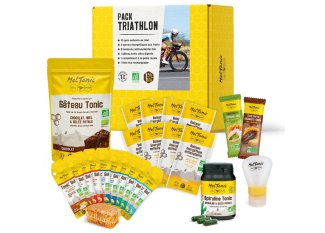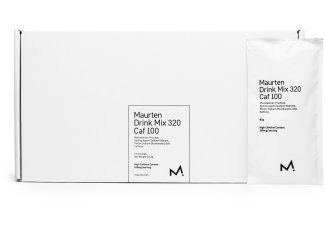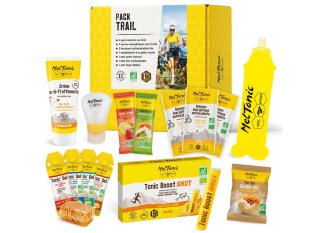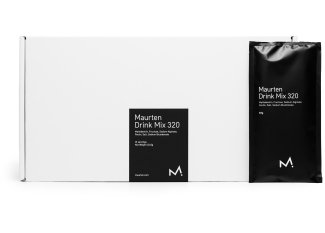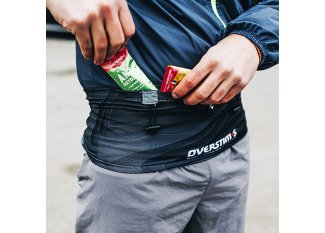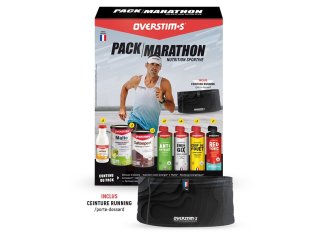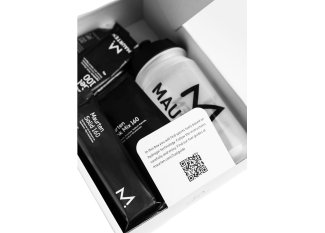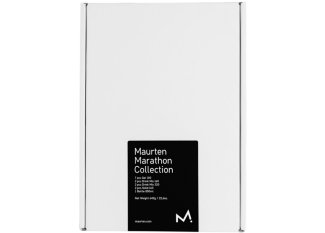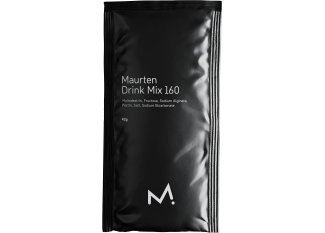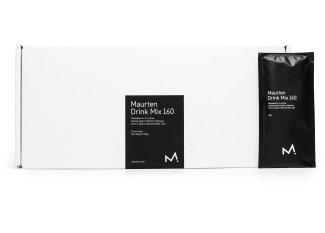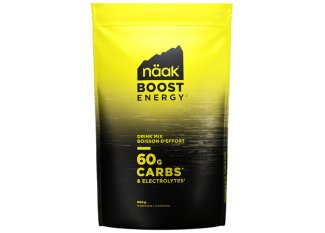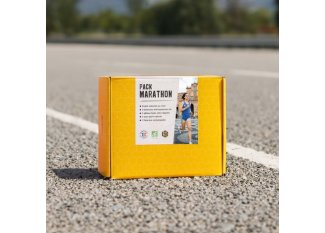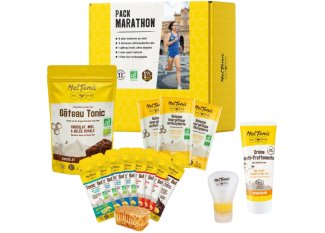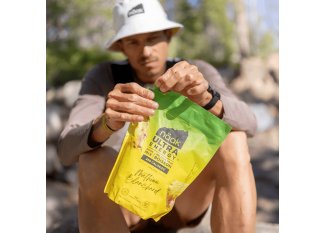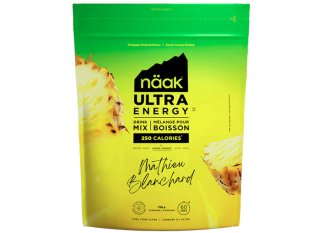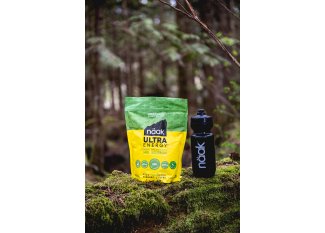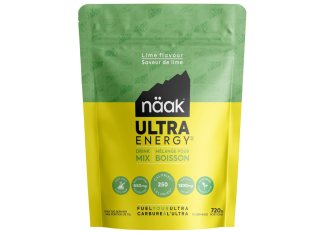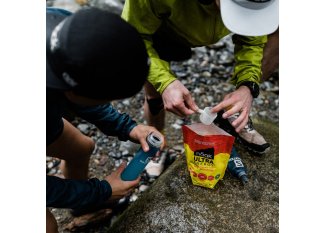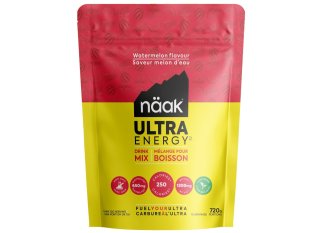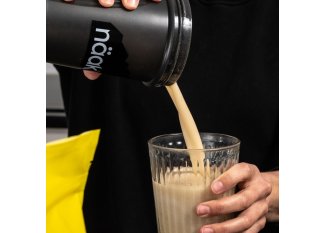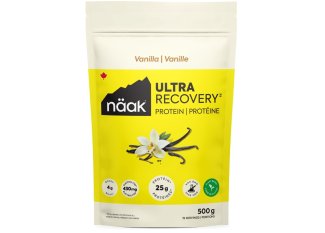Why use Sports Drinks during endurance sports?
Running a marathon or engaging in intense training puts the body under serious strain. Pushing your limits results in significant losses of sweat and calories. That’s why it’s essential to restore your body’s balance with the right intake of carbohydrates, magnesium, potassium, and other nutrients. In this context, properly consumed sports drinks play a key role in metabolic rebalancing. They help athletes maintain their performance goals while supporting effective recovery. Here’s what you need to know about the benefits of sports drinks and how to consume them correctly.
What is a Sports Drink?
Let’s start by clearing up a common misconception—especially among beginner runners. An sports drink is not the same as an energy drink. The latter should be strictly avoided before, during, and after any physical effort.
Sports drinks, on the other hand, are regulated by official health authorities and recommended for endurance athletes, trail runners, and anyone engaged in long, demanding activities. Not only do they provide revitalizing carbohydrates, but they also support better hydration. When consumed after intense training, they promote quick and efficient recovery. That’s because many sports drinks also contain proteins, which—when combined with carbohydrates—significantly boost post-workout recovery.
When to consume a Sports Drink?
With so many options available on the market, choosing the right sports drink can be overwhelming. And it’s not always easy to separate genuine benefits from marketing hype. To find the right sports drink for your needs, it’s best to test them during training—not during a competition. Here’s how to consume them effectively:
- Before exercise: Avoid sodas and store-bought fruit juices before a race, marathon, or long hike. If you haven’t had the chance to test commercial energy gels or sports drinks, you can prepare your own. A few hours before your session, opt for fruit-based smoothies (with oranges, bananas, dates, etc.). You can also have vitamin-rich herbal teas or nutritious coffee drinks.
- During exercise: As you run, your body taps into its fat and carbohydrate reserves. Minerals lost through sweat must be replenished. Your need for sports drinks depends on the intensity of your workout. If your effort lasts longer than two hours, consider drinking a glass of your sports drink every 5 kilometers or so.
- After exercise: Post-effort recovery is just as important. Choose drinks rich in carbohydrates to speed up the recovery process. A little while after your session, return to your normal nutrition routine while making sure to stay well-hydrated.
To further support your performance and recovery, consider combining sports drinks with protein supplements or nutrition mixes which are ideals for rebuilding muscle and maintaining energy levels after intense sessions.

